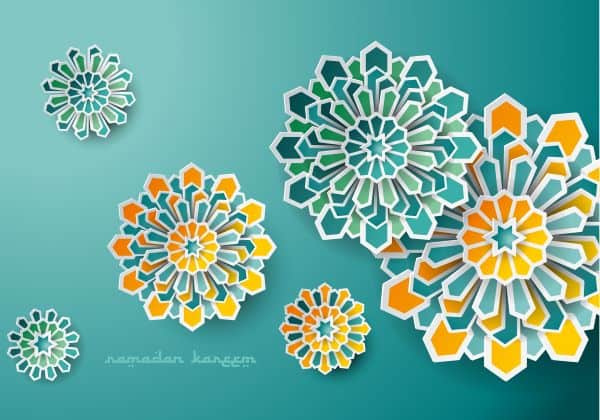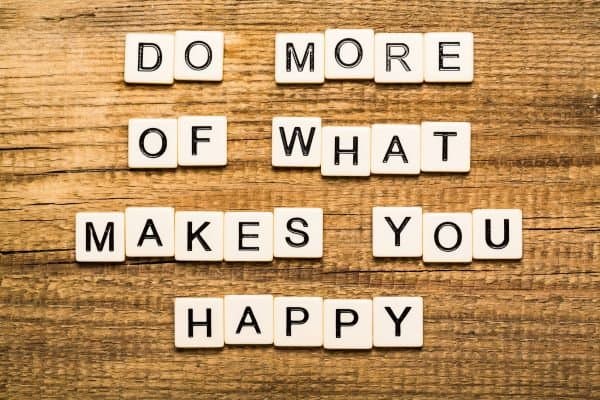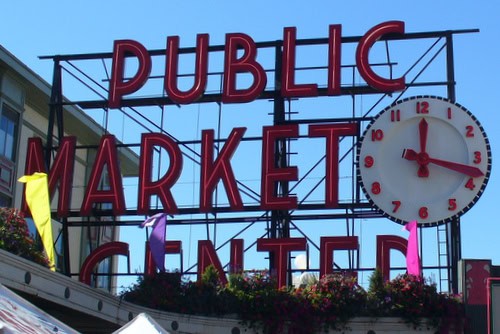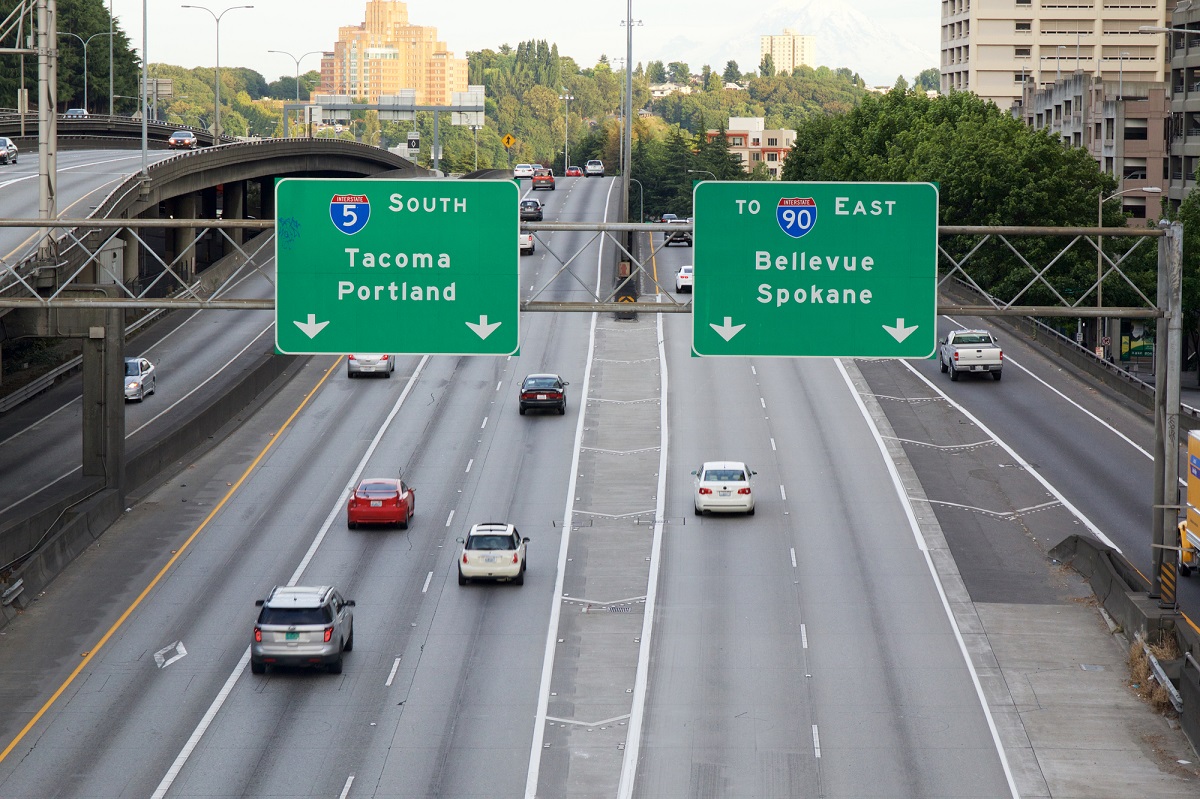Islam is the world’s second largest religion with nearly 2 billion followers worldwide. (Christianity is the largest, around 2.4 billion.) There are an estimated 7 million Muslims (followers of Islam) in America. Islamic places of worship, known as mosques, exist in all 50 states.
Muslim 101
A man from Mecca named Muhammad began receiving revelations around 610 CE directly from God (Arabic: Allah) via the angel Gabriel. Muhammad assembled these revelations into a book known as the Holy Qurʾān. Muslims also believe in all prior revelation from God (e.g., the Torah, Psalms, and Gospels).
Muslims believe that Muhammad is the final prophet in a line that includes Adam, Noah, Abraham, Moses, and Jesus. Each of these prophets were chosen by God to act as messengers.
There are five fundamental principles practiced by Muslims, known as the Five Pillars of Islam. The pillars are a declaration of faith (belief in the Oneness of God and Muhammad is His Messenger), daily prayers (Salat), fasting during Ramadan (Sawm), charitable giving (zakat), and a spiritual pilgrimage to the city of Mecca, Saudi Arabia at least once in a lifetime (if physically and financially able).
Islam in the Puget Sound region
MAPS was founded to serve the Muslims of Puget Sound and is the largest Islamic Center in Washington State. MAPS serves the wider community with locations in Redmond, Seattle, and Snohomish County. Learn more about MAPS by visiting in person or on their website: MAPS – Muslim Association of Puget Sound (mapsredmond.org)
What is Ramadan?
Ramadan is a month-long period of fasting and prayer. This spiritual tradition commemorates the time when Muhammad began receiving revelations directly from God.
The holy month of Ramadan is a time of self-restraint, prayers, and good intentions, such as charitable acts and donations. From dawn to dusk, adult Muslims refrain from food, drink, sex, and impure or unkind thoughts.
Each evening during Ramadan after sunset, Muslims gather in homes or mosques to break their fast with a special meal called ifṭār. Some mosques host ifṭār meals for their community that can be attended by Muslims and non-Muslims alike. The last ten nights of Ramadan are especially sacred.
The end of Ramadan is celebrated with a festival the next day, known as Eid al-Fitr. Traditions vary but may include dressing up in new clothes, elaborate meals, exchanging gifts, and other celebratory activities.
When is Ramadan?
Each year, Ramadan occurs in ninth month of the Islamic or Hijri calendar, which begins when the first crescent of a new moon is sighted. Since the timing of the new moon varies in different regions, the dates for Ramadan may differ. from one region to the next. Because it is a lunar calendar, the start of Ramadan shifts about 11 days each year.
In Seattle, Ramadan 2024 (Hijri Year 1445) begins at sundown on March 12 and ends at sundown on April 9, 2024. Eid al Fitr is expected to be celebrated on Wednesday, April 10, 2024.
Ramadan 2025 (Hijri Year 1446) is expected to begin at sundown on February 28th or March 1 and end on March 30th or 31st. Eid al-Fitr: March 30th or 31st.
Ramadan 2026 (Hijri Year 1447) is expected to begin at sundown on February 18th or February 19th and ends March, 19th or 20th, 2026. Eid al-Fitr: March 20th or 21st.
Note: in 2030, Ramadan will occur twice. Ramadan is expected to start January 6 or 7 and again December 26 or 27. Due 354-day Hijri calendar, this phenomenon occurs about every 33 years. The last time two Ramadans occurred in the same Gregorian calendar year was 1997. After 2030, the next time two Ramadans will occur is 2063.
Greetings for Ramdan include “Ramadan Mubarak”, which means “blessed or happy Ramadan” and “Ramadan Kareem”, which means “may Ramadan be generous to you”.

Ramadan Kareem via Depositphotos_154366454
Calendar of upcoming events
Listed below are affordable events of all kinds from our calendar.








